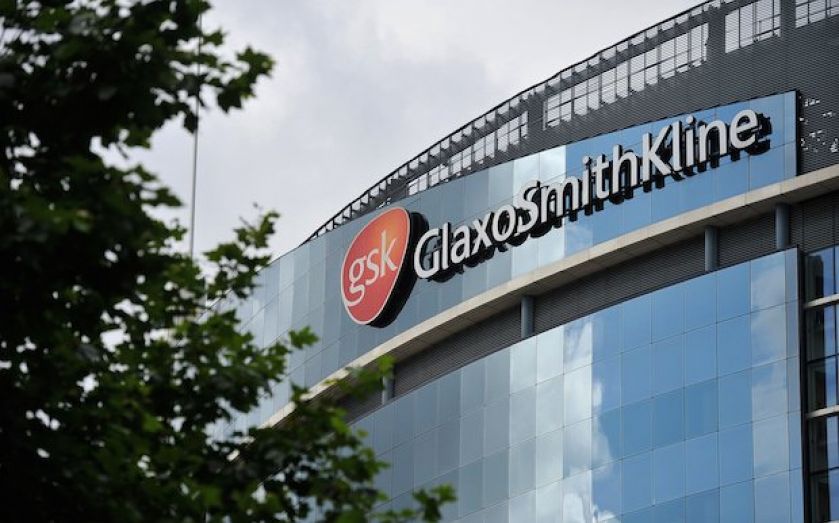What does GSK’s “transformational deal” mean for the rest of the sector?

It looks like pharma M&A frenzy may have returned, with the slew of activity over the Easter weekend buoying European markets as big players see substantial gains.
A $16bn (£9.5bn) three-part tie-up between GlaxoSmithKline (GSK) and Novartis will see the former buy the latter’s oncology unit, along with the setting up of a global consumer healthcare venture between the two, which’ll be run by GSK.
Panmure Gordon’s called the deal “transformational” for the British firm, upgrading its shares rating from hold to buy.
The announcement follows the news over the weekend that US giant Pfizer is eyeing up the UK’s second-largest drugs company, Astrazeneca. If that went ahead, it’d rival the unparalleled 2000 merger between GlaxoWellcome and SmithKline.
Another transaction unveiled this morning will see Eli Lilly pay $5.4bn for Novartis’ animal health business.
Shares in Astrazeneca have gained eight per cent, Novartis is up almost 2.5 per cent and GlaxoSmithKline’s jumped over 5.5 per cent. And the deals are boosting others too, with fellow drugs maker Shire’s up almost five per cent.
We’re used to the big firms buying up smaller competitors, but with big deals apparently coming back into fashion, investors will be looking to assess how the shape of things might change. Competition's already intense, and other sector leaders will no doubt interested in the extent of streamlining and cost cutting the moves bring.
Dr Mike Cooper of Edison Investment Research has said that, despite moving away from oncology, GSK is becoming “a more diversified healthcare company”. Moreover, today’s deals will strengthen its vaccine and consumer health divisions significantly.
"It will [now] be interesting to see how effectively the company can monetise future investment in the major field of oncology", adds Cooper.
Ishaq Siddiqi of ETX Capital says investors should be cheered by the combined healthcare business, given the current strength of Novartis’ portfolio. GSK shareholders will also get £4bn once the business has been restructured.
GSK’s underperformed in recent weeks, predominantly owing to missed upgrading opportunities and allegations of corruption in its MENA business.
But Savvas Neophytou, an analyst at Panmure Gordon, says today’s transaction will “show management will not sit idly by waiting for the pipeline to mature but will take brave decisions to unlock shareholder value”, continuing to raise the bar for competitors.
Speaking to CNBC, Sir Andrew Witty, GSK's chief executive, said that worldwide price pressures are key drivers behind the series of deals currently being made.
He outlined the mindset of major players, versus enduring perception of the sector.
This is about how industry players need to be positioned over the next decade. You need to look forward 10-20 years rather than two-three years.
We have very long product life cycles and sometimes that can give a sense of great calmness, but the reality is that companies understand what's happening in their markets.